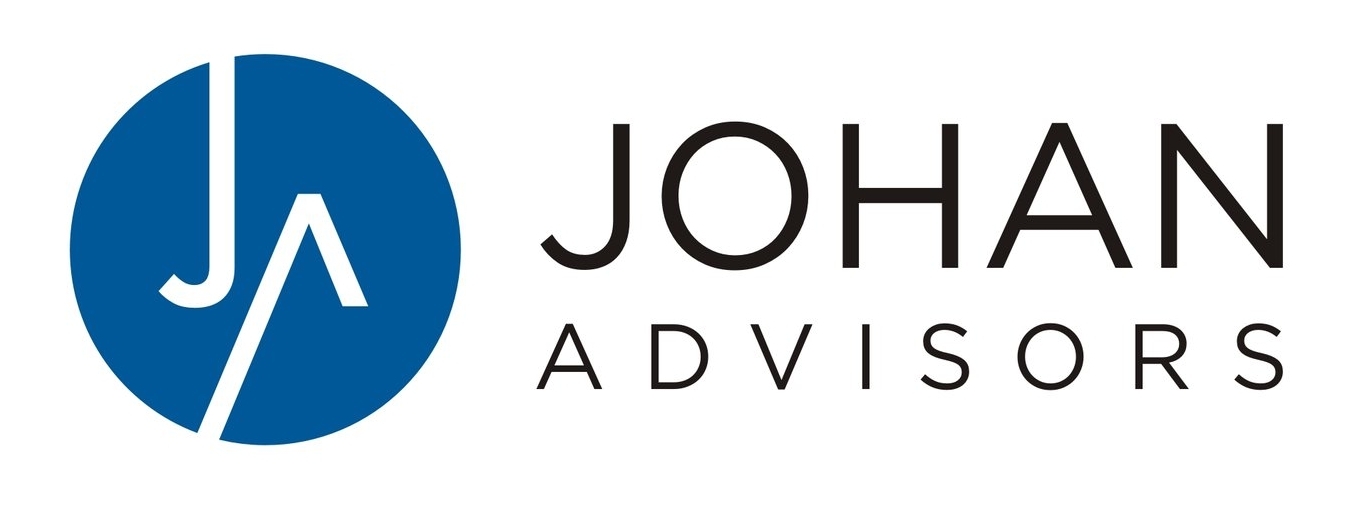By Jay Fehnel for Johan Advisors.
They call Bill Campbell the “Trillion Dollar Coach”. He coached Steve Jobs, Alphabet’s Eric Schmidt, Google’s co-founders, Yahoo’s Marisa Mayer and many others.
In their book Trillion Dollar Coach, Eric Schmidt and two other Google execs share the unique approach Campbell used to help some of the world’s most successful leaders thrive.
What made Campbell so credible, beloved and effective among clients who could afford and attract virtually any executive coach in the world?
The foundation of his credibility is easy to see. Campbell went from a victory-challenged Ivy League head football coach to the CEO of a publicly traded company IN EIGHT YEARS. Clearly, it takes a unique blend of business acumen, gravitas, brains and interpersonal skills to accomplish that.
What made Campbell beloved? The authors credit Campbell for bringing love to the workplace. Campbell was a man who brought bear hugs, big smiles, family talk, and deep personal vulnerability to the office with his clients. The authors caution, however, that Campbell’s particular brand of extroversion -- and his frequent use of profanity -- might not work in today’s corporate environment and that few should try to fully replicate those aspects of his style.
As for his effectiveness, Campbell clearly had mastered and customized the full range of coaching tactics, from powerful questions, to identifying underlying issues, to helping his clients create new options and commit to specific actions.
The most unique aspect of Campbell’s coaching style was his intense focus on ensuring that his clients prioritized the quality of their peer relationships.
In Campbell’s view, a company’s growth was primarily influenced by the ability of its top leaders to work well with each other, to settle disagreements among themselves and to be willing to step up, aside or down when it was in the company’s best interests.
Campbell knew the negative ripple effects that turf wars, petty disagreements and lack of role clarity had throughout a company. He felt that the healthy peer relationships ensured that the best talent and best ideas rose to the top with the least friction.
If one of the world’s most impactful leadership coaches focused on the quality of his clients’ peer relationships, maybe you should focus on the quality of yours.
Here are some questions Campbell would want you to consider:
Are my peers and I organizing ourselves and our teams to have the highest positive impact for the company … or just sticking with the way we’ve always done things … or protecting the turf we worked so hard to claim?
Are my peers and I identifying issues and solving conflicts on our own, without expecting “the boss” to have the hard conversations for us, like a bunch of whiny kids in adult clothing?
Are my peers and I taking time to compliment, thank and encourage each other? Or are we laying in the weeds, looking to pounce on each other at the first sign of weakness?
Are my peers and I insisting our teams work together to serve a greater good? Or are we creating an environment where our teams are focused solely on their own metrics and bonuses?
As a football coach, Campbell knew the value of teamwork and the high cost of division within a team.
As a leadership coach for some of the most successful companies in history, he did his part to help management teams focus on the team championships, not individual glory.
As a corporate athlete, you’ll have to decide whether you’re going to focus on individual medals or being one of several colleagues hoisting a team trophy. If you’d prefer the latter, Bill Campbell designed and tested the most important play: make your peer relationships a true priority.
---
If you agree that peer relationships deserve more attention, please share this article, so others can be more aware and reflect on their own approach. Thanks.
(Jay Fehnel is an executive coach and strategy advisor for C-suite leaders, senior management teams and their high-potential successors. He helps executives define and achieve their professional and personal growth goals. Jay is principal and owner of Johan Advisors.)
